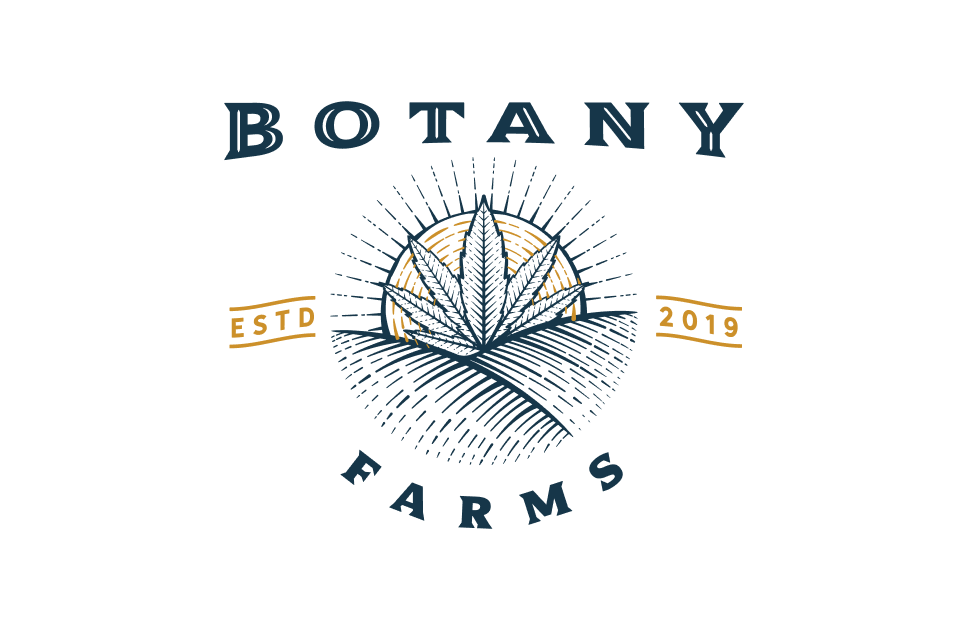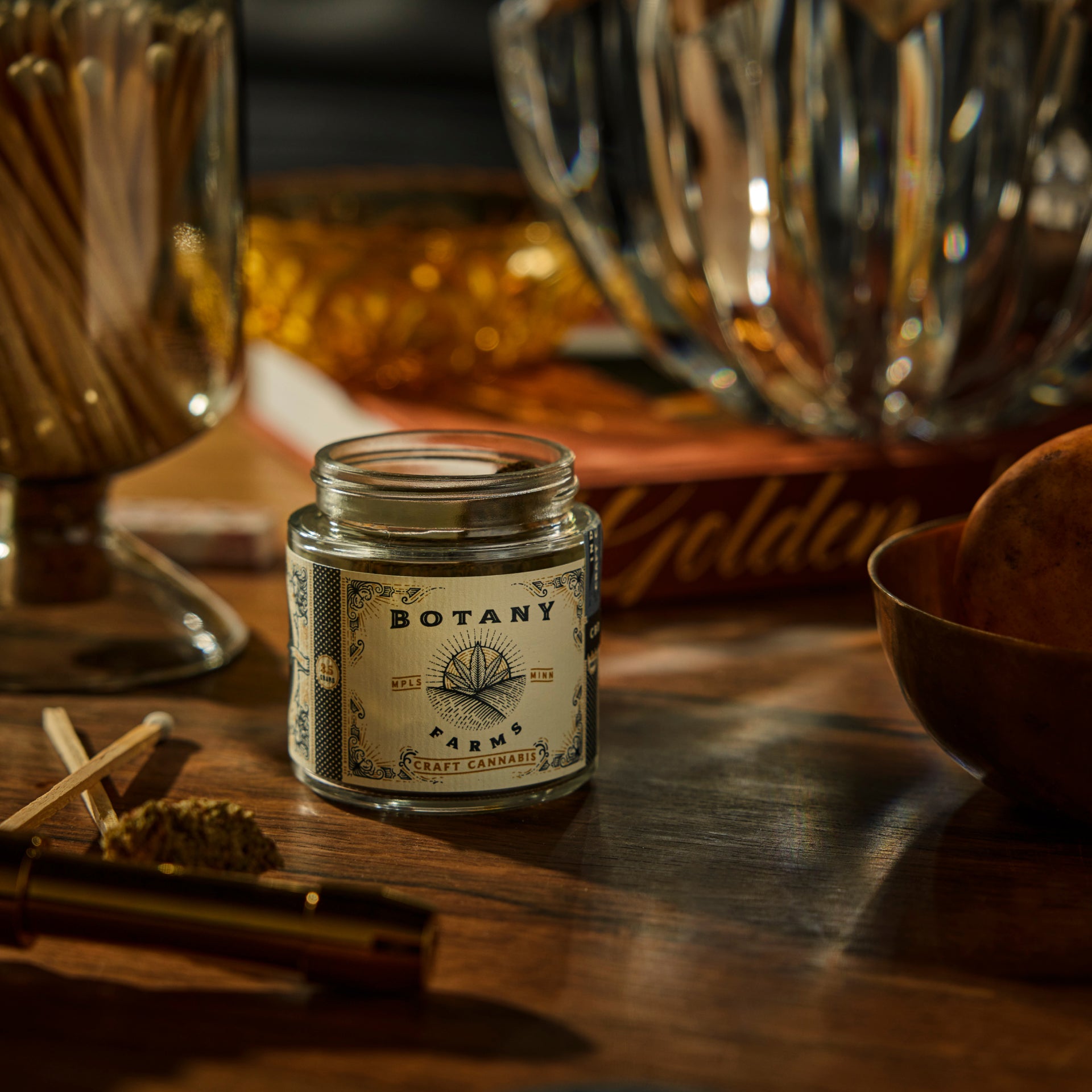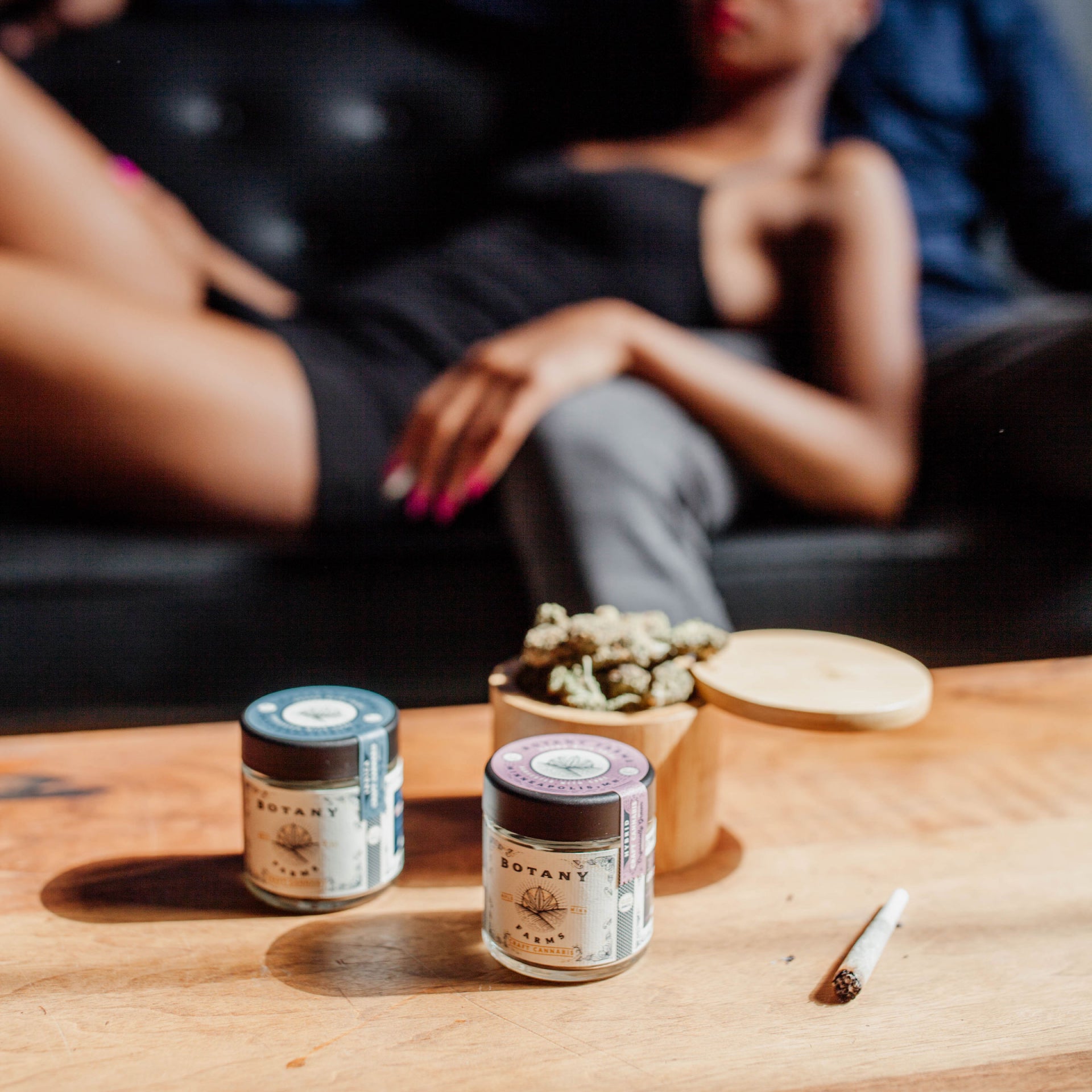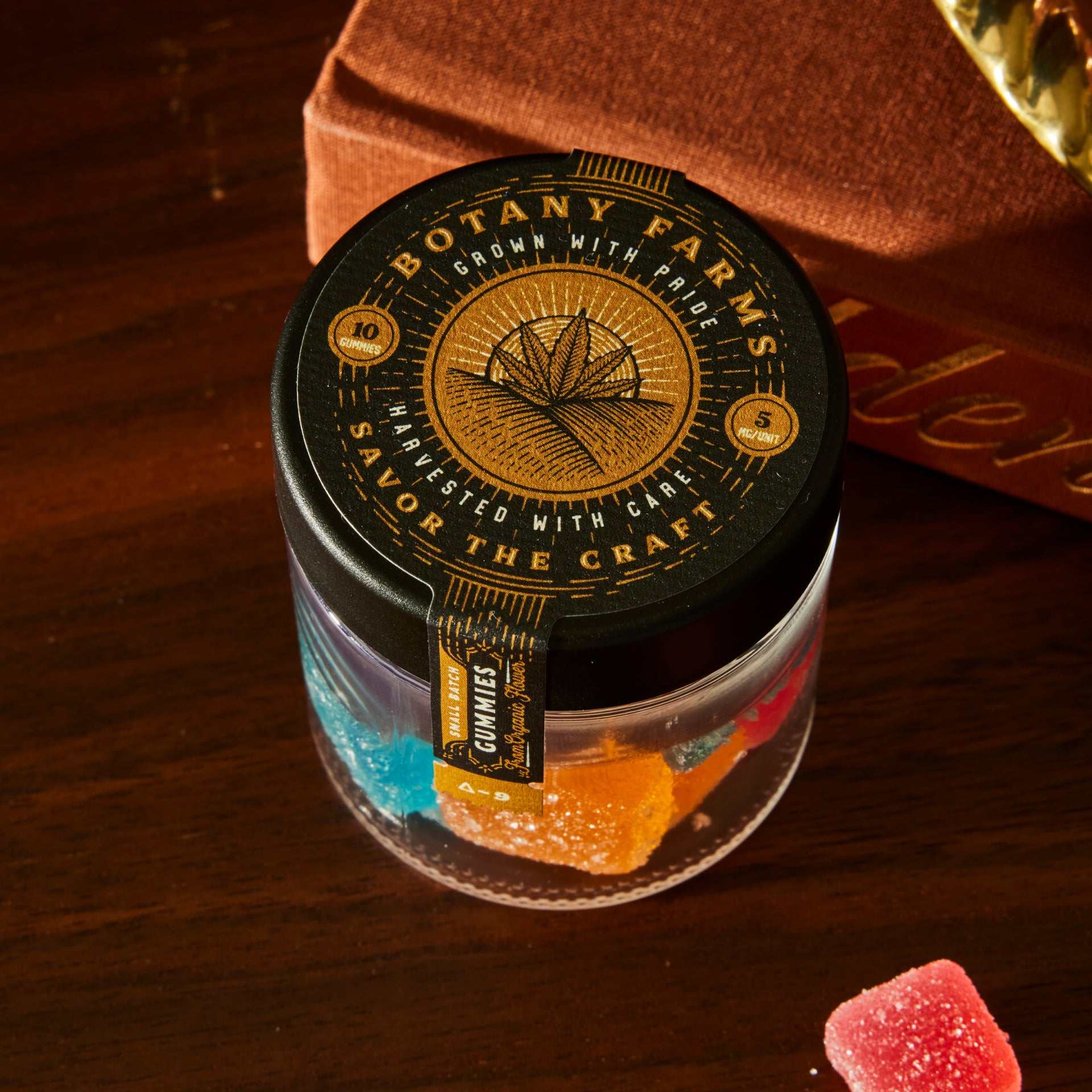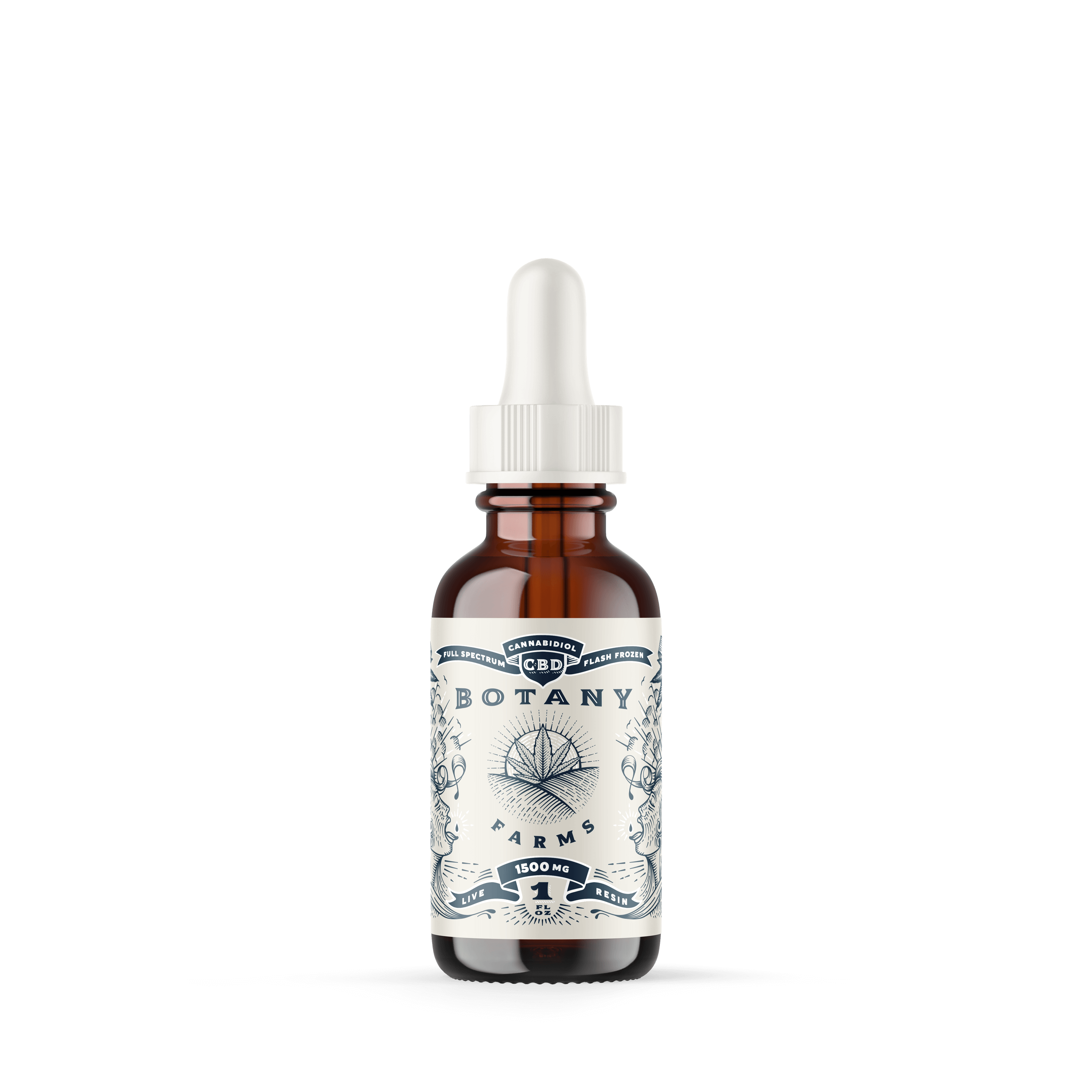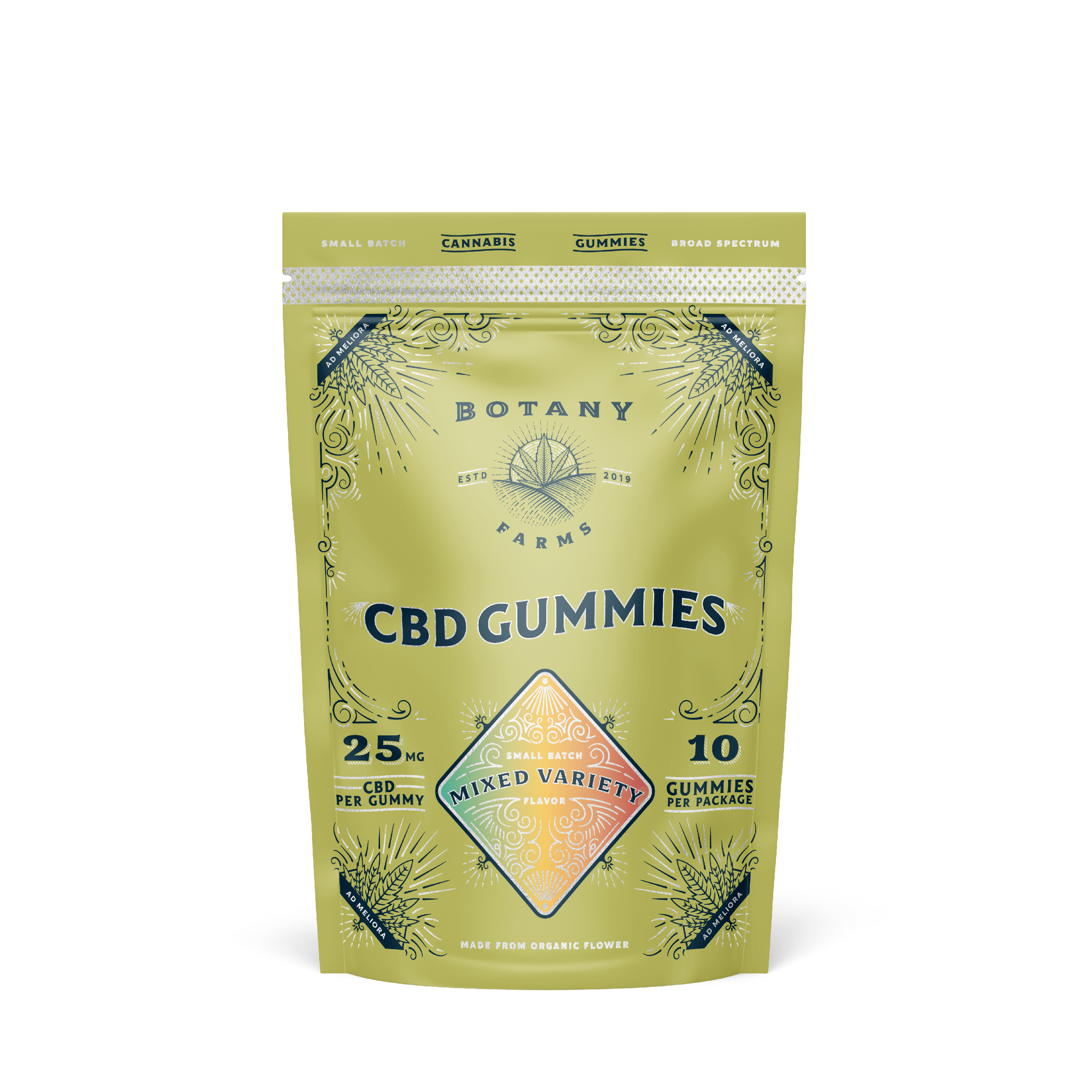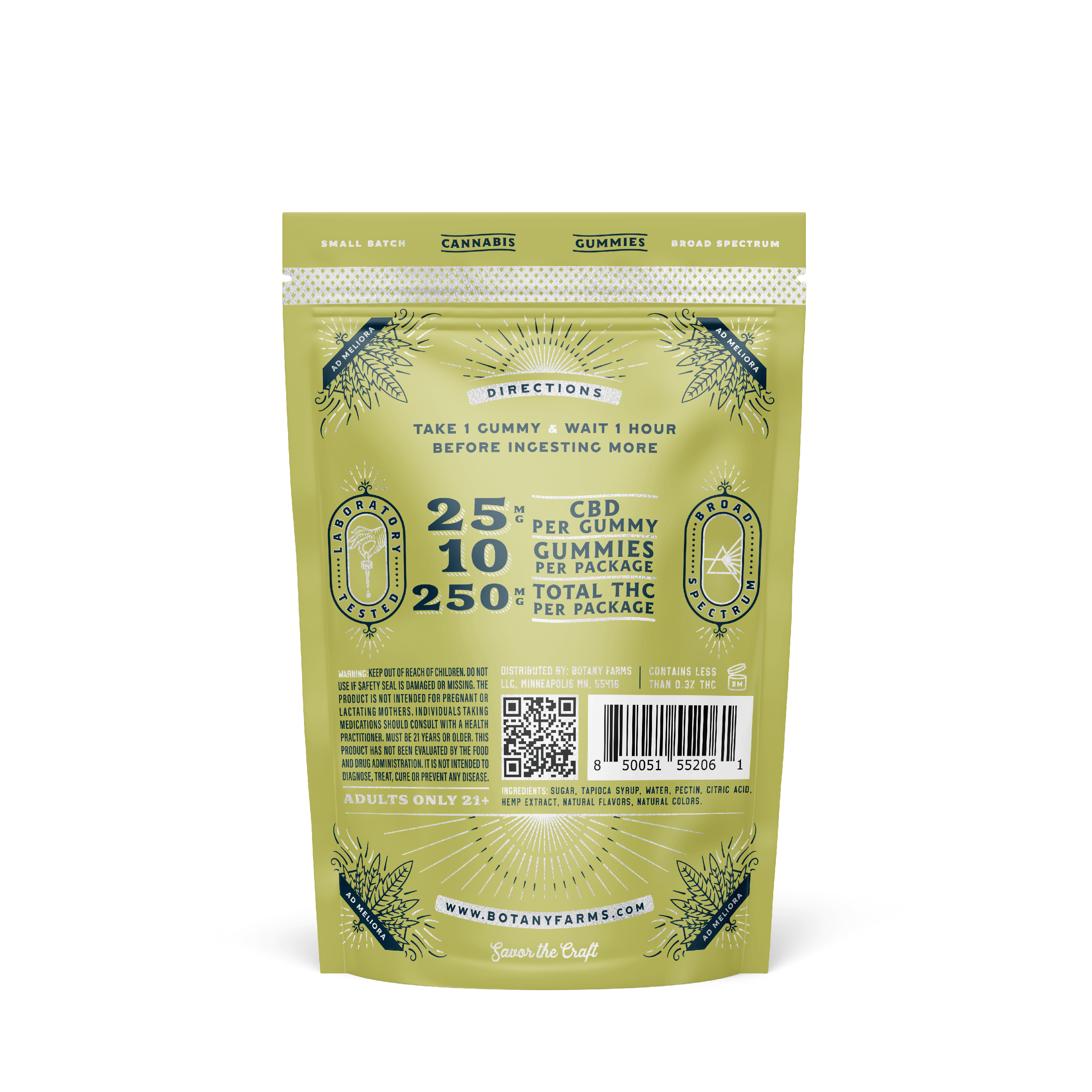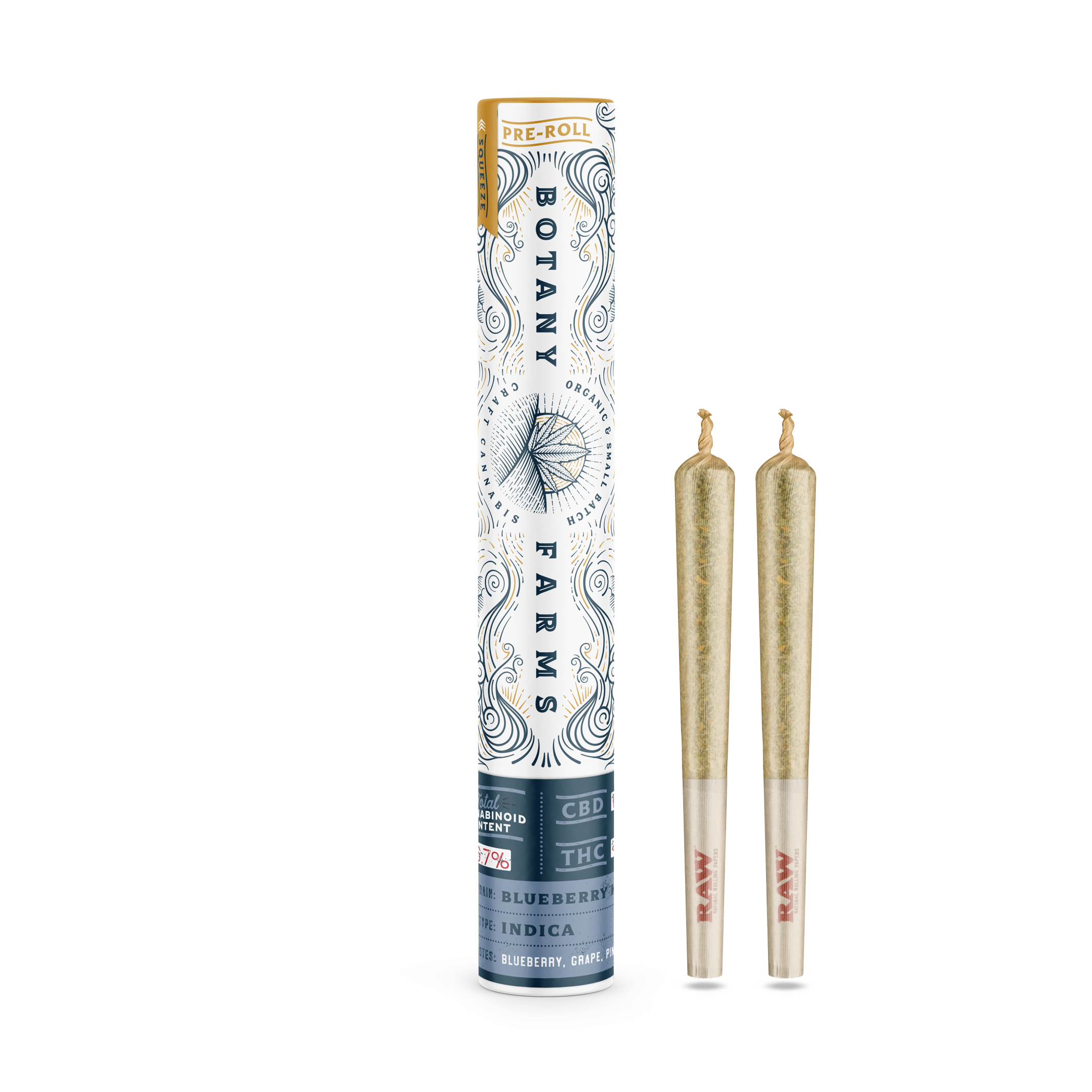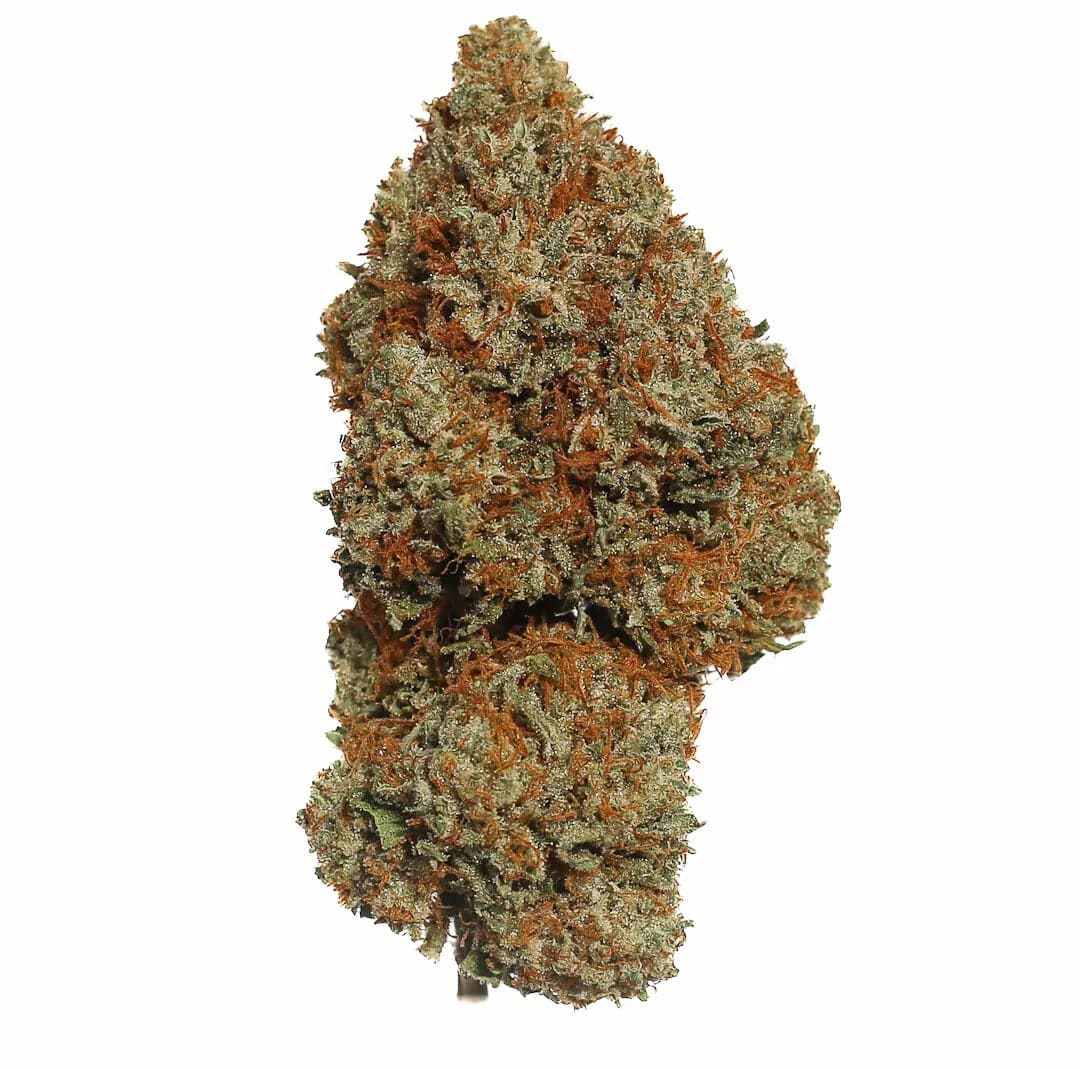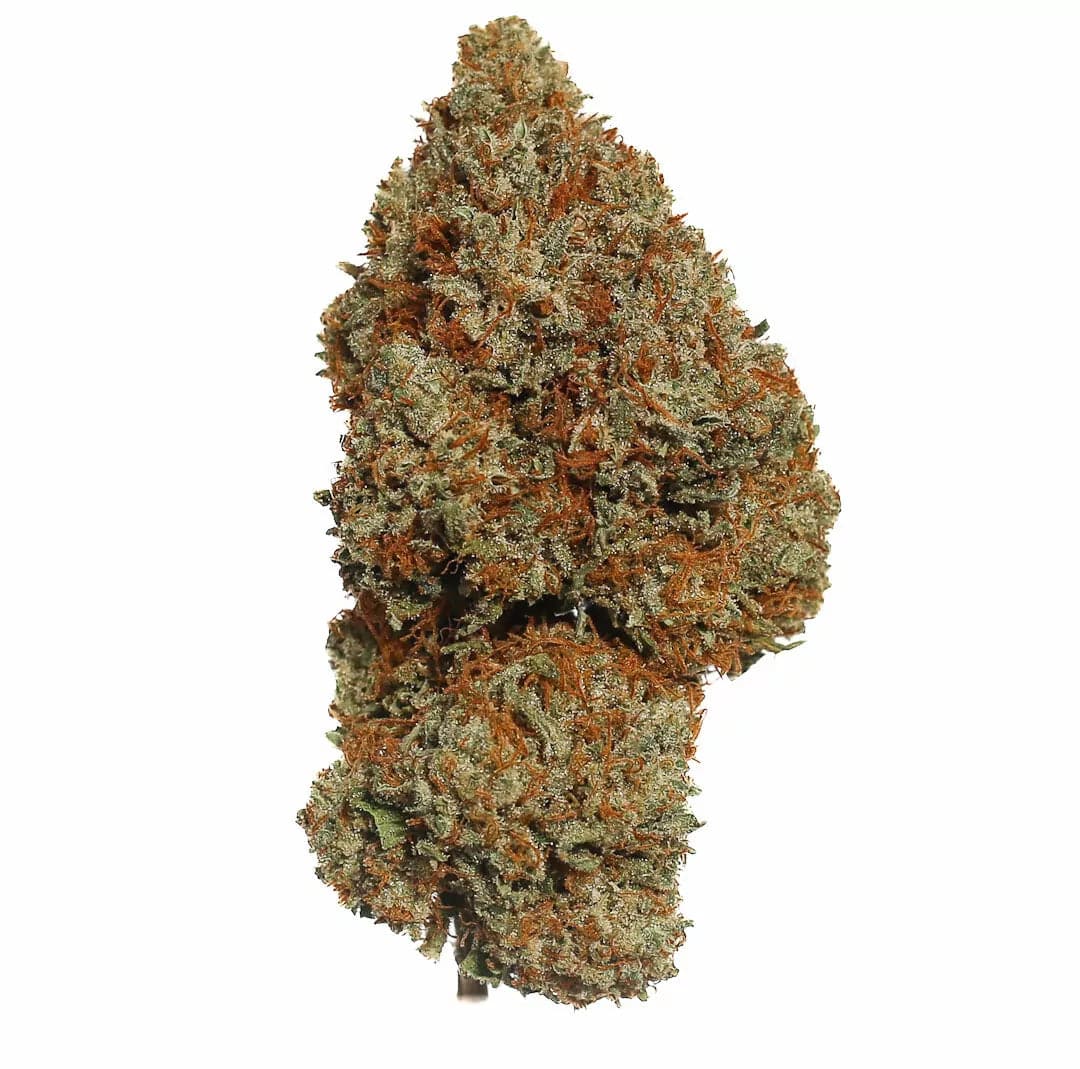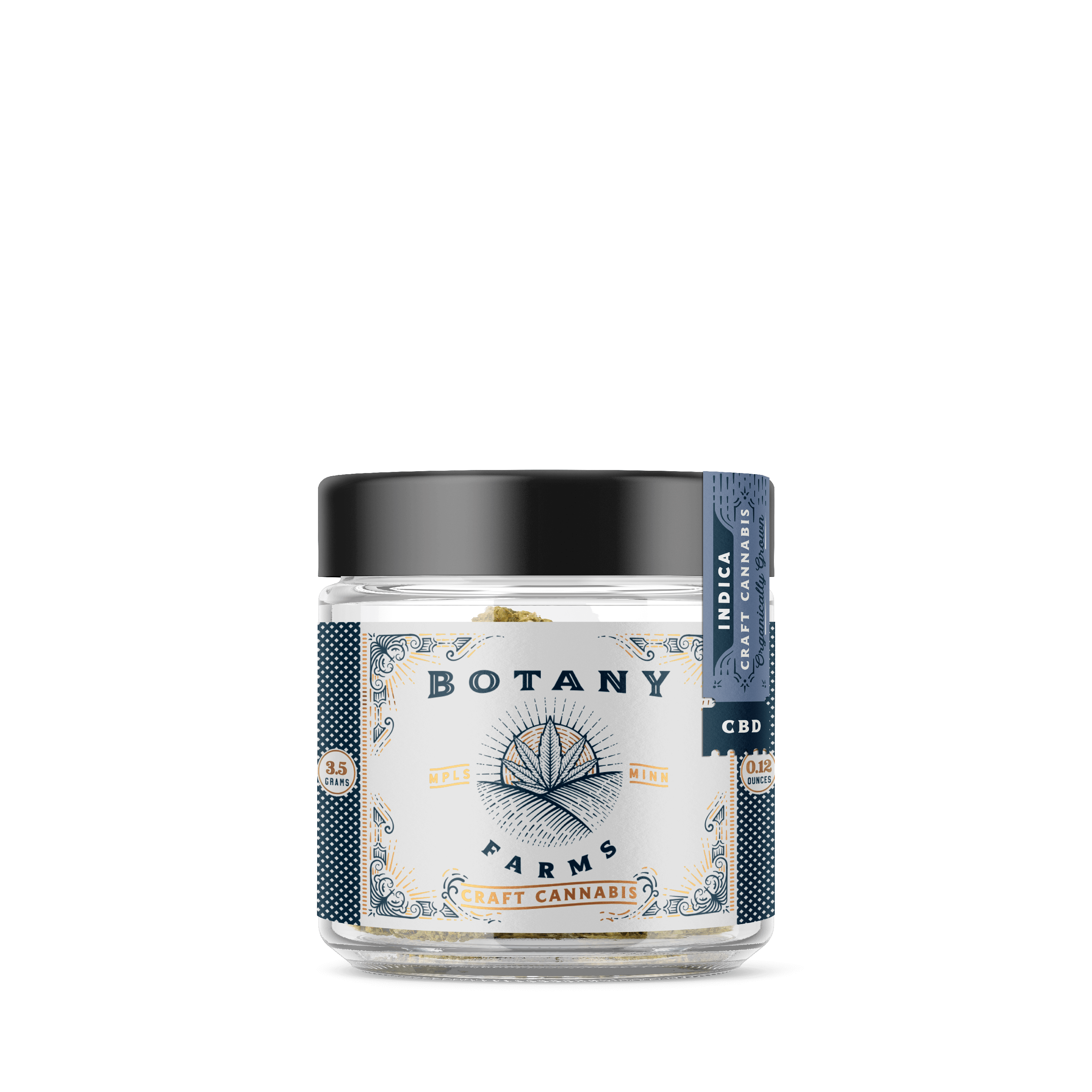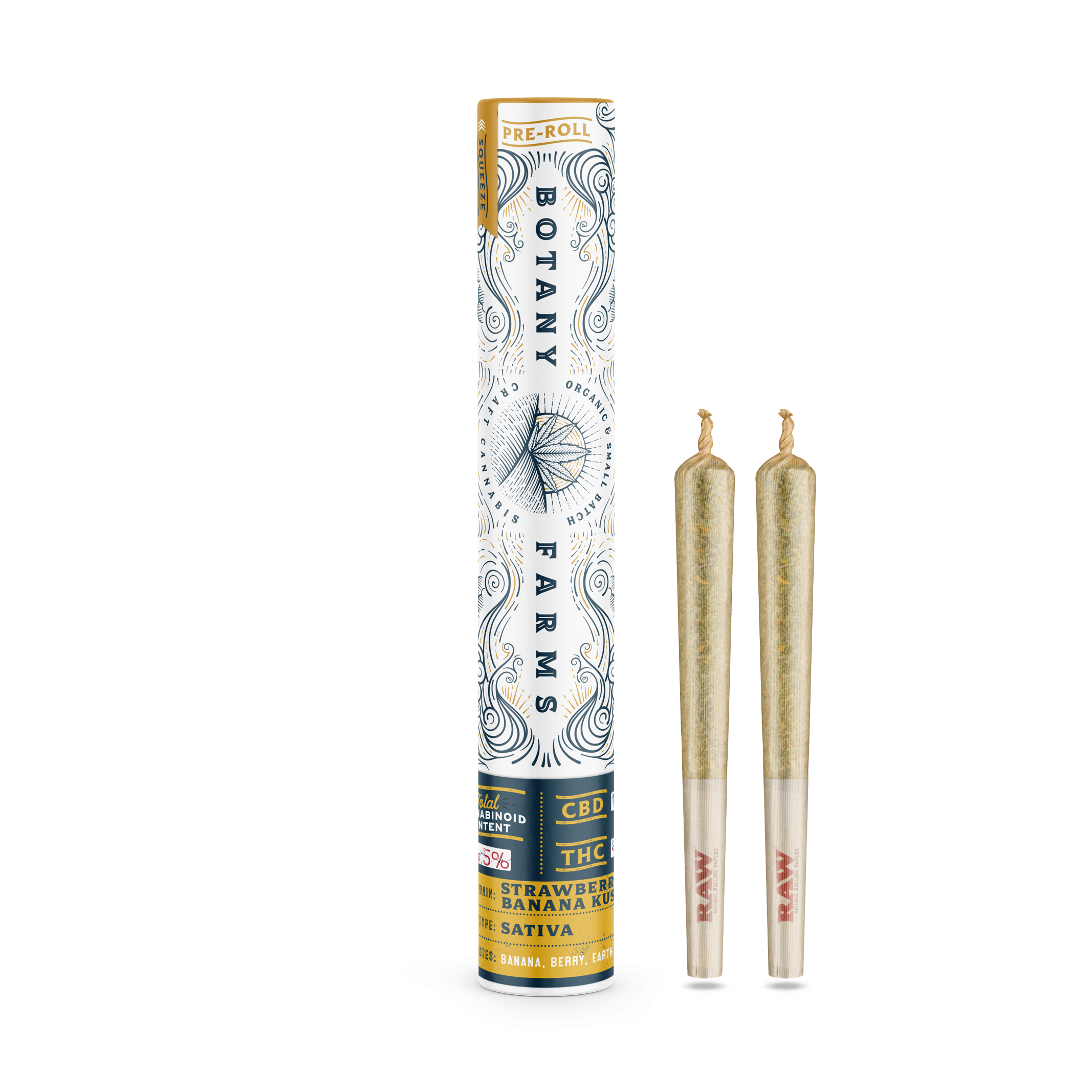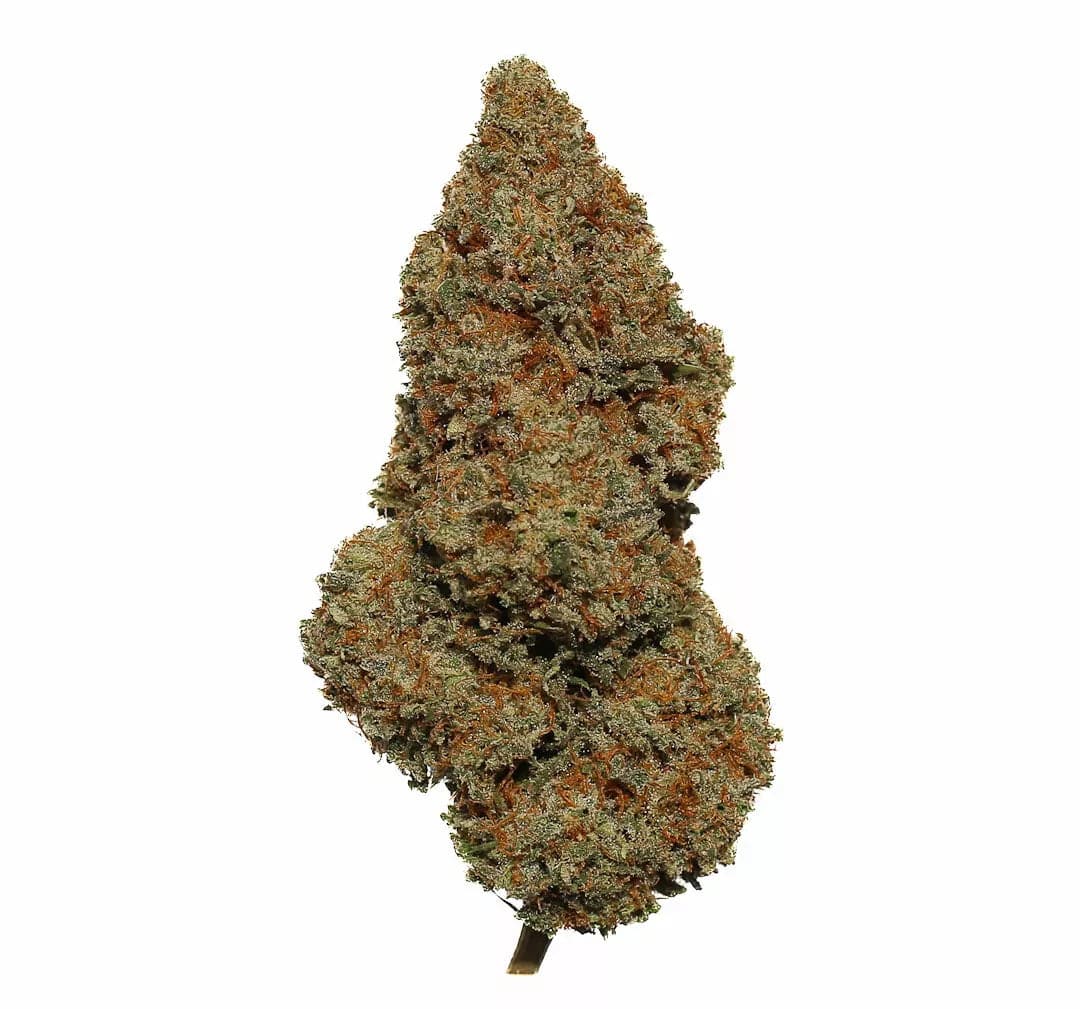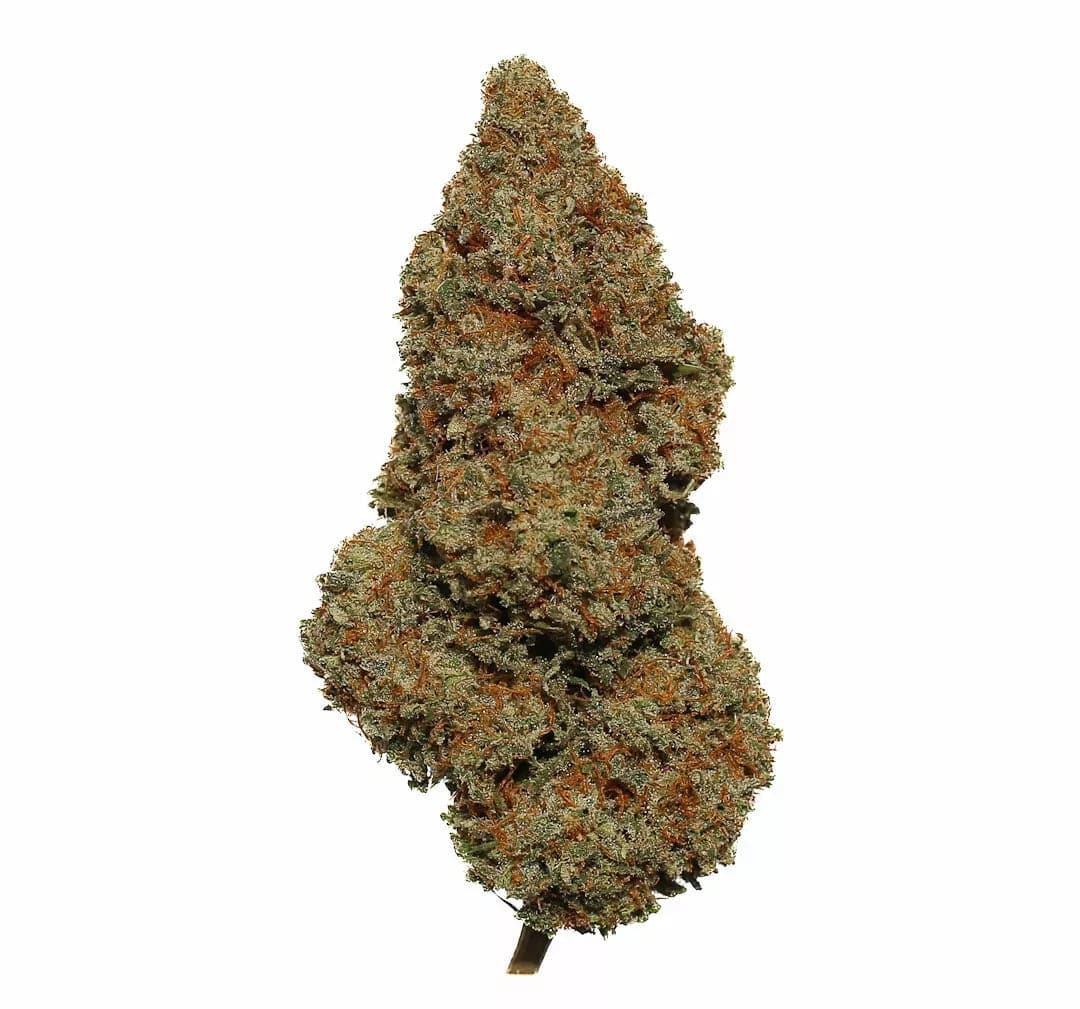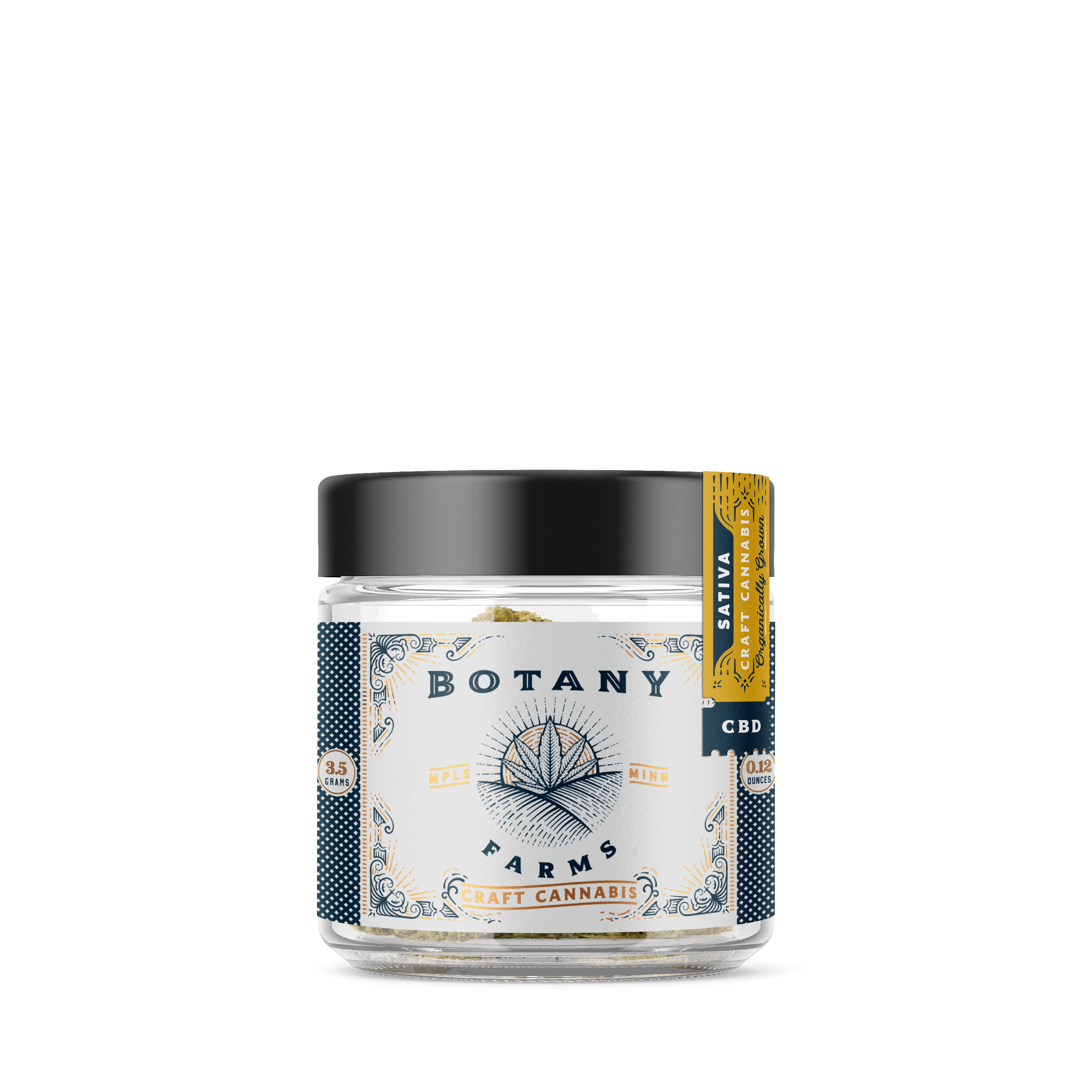Disclaimer: The information provided here is intended solely for informational and entertainment purposes. It should not be used as a substitute for professional medical advice, diagnosis, or treatment. Always seek the advice of your physician or other qualified health provider with any questions you may have regarding a medical condition or treatment and before undertaking a new health care regimen. Never disregard professional medical advice or delay in seeking it because of something you have read here.
According to official figures, up to 11% of people in the USA experience some kind of panic attack at least once per year. Furthermore, at least 2% of people, and as many as 3% of people in the United States suffer from panic disorder, which is characterized by regular feelings of panic and anxiety. Of course, this is no way to live your life, and if you feel yourself having panic attacks, you should seek help from a medical professional right away.
However, if you are looking for an alternative treatment to regular prescription medications, you might try CBD. Indeed, there is some merit in using CBD to help treat panic attacks, panic disorders, and anxiety in general.
As you will see further below, there is some research that indicates that CBD may be able to help reduce the severity and frequency of panic attacks in people who are prone to suffering from them.
Today, we will take a closer look at what exactly panic attacks are and what they are caused by. We will then take a closer look at the relationship between CBD and panic attacks, as well as the relationship between CBD and anxiety.
We'll also take a closer look at a few pieces of research which are strong indications that CBD may be able to help with both anxiety and panic attacks. Let's get to it and help bring back some semblance of normality to your life.
Key Takeaways
- Some of the best strains for racing thoughts and anxiety are those that contain CBD.
- There are strong indications that CBD may be an effective solution to help reduce symptoms associated with panic attacks, panic disorders, and anxiety.
- Through the regulation of various hormones and chemicals, such as serotonin, anandamide, GABA, and cortisol, CBD may be beneficial on this front.
But First, Understanding Panic Attacks
Before we take a look at whether or not CBD may be an effective option for treating panic attacks, let's first figure out what they actually are.
What Are Panic Attacks?
Panic attacks are generally defined as intense and sudden feelings of fear that can cause physical symptoms such as sweating, fast breathing, nausea, dizziness, and a racing heart.
You may also experience a sensation of choking or difficulty breathing. Some people who experience panic attacks develop a long-term disorder known as a panic disorder, which is a type of anxiety disorder.
Both medications and therapy are generally used to treat panic attacks and panic disorders. Anxiety attacks are not quite the same as panic attacks. Panic attacks are usually very sudden and unexpected and have very intense symptoms that are usually short-lived. Anxiety attacks are generally much longer lasting, but the symptoms are not nearly as intense.
The Symptoms and Causes of Panic Attacks
The symptoms of panic attacks include intense terror, fear of losing control, a smothering or choking sensation, a feeling that you are going to die, depersonalization, numbness in the fingers or toes, sweating, chills, nausea, shaking, difficulty breathing, chest pain, and a racing heart.
Panic attacks can be caused by a wide variety of issues. First, people who have a family history of panic attacks are up to 40% more likely to suffer from them.
There are also various mental health conditions, such as depression and anxiety, that can cause panic attacks to occur. There are also adverse childhood experiences, otherwise known as traumatic traumatic events, which may cause panic attacks to occur.
Another issue to consider here is that there may be a variety of chemical imbalances in the brain responsible for causing anxiety and panic. These include GABA or gamma-aminobutyric acid, serotonin, anandamide, and cortisol. As you'll see further below, CBD may have the potential to affect all three of these chemicals, therefore potentially reducing symptoms related to panic attacks and anxiety.
How Panic Attacks Affect Mental Health
Many people who suffer from panic attacks are often unable to lead normal and productive lives. The reason for this is that people who suffer from regular panic attacks become so afraid of when the next panic attack will occur that they often can't perform regular tasks. Due to this, many people also start suffering from depression, social anxiety, isolation, and related issues.
Common Treatments for Panic Attacks
There are some common treatments used for panic attacks, with one of the most common ones being psychotherapy or talk therapy. There are also other types of therapy used, including cognitive behavior therapy where thoughts and emotions are discussed with a licensed professional. There is also exposure therapy, which involves being repeatedly and gradually exposed to the triggers of your panic attacks.
There are also medications used to help treat panic attacks, mainly anti-anxiety medications, and anti-depression medications. Some of the most common drugs include antidepressants that function as serotonin-selective reuptake inhibitors or serotonin-norepinephrine reuptake inhibitors that affect serotonin and norepinephrine levels in the brain, two chemicals that may be responsible for anxiety, depression, and panic.
What is CBD?
We then have CBD, one of the most commonly occurring cannabinoids found in hemp and cannabis plants.
What is CBD and How is it Derived?
CBD stands for cannabidiol, and this is one of the two major cannabinoids found in both hemp and cannabis plants, alongside THC. CBD is often regarded as being very beneficial for a wide variety of reasons. It has several supposed or potential therapeutic and health benefits that we humans can take advantage of, all without being intoxicating.
CBD is generally considered to be non-psychoactive and non-intoxicating, which means that it interacts with the human body in various ways, but it does not cause any kind of intoxicating or psychoactive effect. CBD should not get you high.
According to the 2018 Farm Bill, the CBD used in the United States of America must be derived from the hemp plant. This means that through a variety of extraction methods, CBD is taken from hemp plants, processed, and turned into a variety of CBD products. CBD as we know it generally does not come from cannabis plants, as the farm bill states that for cannabinoids to be legal, they must be hemp-derived.
How Does CBD Work in the Body?
CBD works by interacting with various receptors found in the human body, and these receptors are located both in the brain and other parts of the body.
CBD works by interacting with the endocannabinoid system or ECS, which is a variety of receptors, a network found throughout the human body, which regulates many functions related to pain, mood, sleep, energy metabolism, and more.
CBD interacts with many receptors, including the CB1 and CB2 receptors, which are specifically a part of the endocannabinoid system.
It may also interact with other receptors and transmitters including serotonin receptors, TRPV1 receptors, GPR55 receptors, and GABA. CBD may also function as a reuptake inhibitor, which can cause levels of certain neurotransmitters to build up in the brain.
Different Types of CBD Products Available
There are plenty of different types of CBD products available. You can always smoke CBD flower, otherwise known as the CBD hemp flower. This is perhaps the most traditional way of consuming hemp and cannabis. Simply pick your favorite strain, grind it, roll it, and light it up.
If inhaling your cannabis or hemp sounds right to you, but you don't want to grind or roll anything, you might try vaporizing CBD concentrate. There are plenty of CBD concentrates that are ideal for both vaporizing and dabbing. These are generally much more potent than regular CBD flower, although also a bit more expensive.
You may also try a wide variety of CBD edibles. There are CBD gummies, capsules, lollipops, chocolates, cookies, and more. The benefit of edibles is that manufacturers generally dose them very accurately, so you always know exactly how much you're getting.
Furthermore, you also don't have to worry about the edibles affecting your lung health, such as smoking flower or vaporizing concentrates. However, edibles can take up to 90 minutes to take effect, which is quite a long time.
If you want your CBD to take effect quickly, but you still don't want to inhale anything due to the risk to your lungs, you might try a CBD tincture that is applied sublingually.
Here’s a list of the best CBD tinctures for anxiety.
By applying a CBD tincture sublingually, you allow the CBD to absorb into the bloodstream very fast through the mucus membranes in your mouth. You still end up swallowing it anyway. This provides you with the best of both worlds. However, if you want to go the old-school route, our Botany Farms Godfather OG Pre-Rolls should float your boat.
CBD and Anxiety
Although there is still more research required on this front, there does appear to be a bit of a relationship between cannabidiol and anxiety, so let's take a look at what this might be. CBD may even be able to help with performance anxiety.
The Relationship Between CBD and Anxiety
As mentioned above, anxiety may be caused by a lack of various chemicals or an imbalance of chemicals in the brain. These can include but are not necessarily limited to, serotonin, GABA, and cortisol.
GABA, otherwise known as gamma-aminobutyric acid, is an anti-anxiety neurotransmitter. It is naturally designed to help relax the brain. It is therefore often used as a remedy for anxiety. It relaxes our brains and makes us feel good, but when we don't have enough of it in our systems, it may lead to anxiety and depression.
We then have cortisol, which is the so-called stress hormone produced by your adrenal glands. When you are in a stressed-out or life-threatening situation, your adrenal glands produce cortisol.
This is a hormone designed to keep you in a fight or flight response mode, or in other words, it keeps you on high alert. As you can probably tell, because it keeps you on high alert, it also causes you to continuously feel stressed out. Continuously elevated cortisol levels are related to heightened anxiety and panic levels.
As mentioned above, anxiety may also be caused by a serotonin deficiency. Serotonin is a brain chemical that helps regulate feelings, reduce feelings of anxiety, and creates feelings of happiness and elation. It's a feel-good brain chemical. If you don't have enough of it, you may feel anxious, depressed, and have a regularly bad mood.
As discussed above, CBD may be able to affect the levels of all three of these neurotransmitters or brain chemicals, serotonin, cortisol, and GABA. Below, we take a look at the research which indicates that CBD has a beneficial effect on all three of these chemicals or hormones.
How CBD Can Help Manage Anxiety Symptoms
It is thought that CBD may be able to help symptoms related to anxiety by regulating the levels of those various chemicals or hormones in the brain. Low levels of serotonin, cortisol, and GABA may all cause anxiety to occur in their own ways.
Therefore, if CBD can regulate the levels of these hormones or chemicals in the brain, it should theoretically also be able to help reduce symptoms related to anxiety. Here we have a study that indicates that CBD has the potential to increase serotonin levels in the brain and alter its function, therefore possibly affecting anxiety levels.
Here we have a study that indicates that CBD interferes with cortisol secretion, or in other words, it helps prevent cortisol from being created. Lower cortisol levels should theoretically also lead to lower stress and anxiety levels. To round things off, here we have a study that indicates that GABA levels are also increased by CBD.
Let's move on and take a closer look at what the research has to say specifically about how CBD helps with anxiety.
Research Studies on the Effectiveness of CBD in Treating Anxiety Disorders
Here we have a research study that concludes that CBD may be able to help reduce symptoms associated with anxiety and anxiety disorders. Here is another study that indicates that CBD may be able to help reduce anxiety by affecting serotonin neurotransmitters in the brain.
There are actually plenty of studies out there which indicate that in one way or another, CBD should be able to help reduce anxiety and treat a variety of anxiety disorders, even ones such as PTSD. Let's take a quick look at some of the most conclusive studies out there on this front.
- This 2019 study saw a 91% reduction in symptoms related to PTSD thanks to taking CBD.
- This study showed that CBD helped reduce discomfort and anxiety in relation to public speaking and social anxiety disorder, and this study showed that CBD helped reduce social anxiety symptoms.
- This is yet another study that showed that 80% of people saw a reduction in anxiety thanks to the regular use of CBD.
The Optimal Dosage for CBD Usage
There really isn't any conclusive evidence in terms of how much CBD you should take for anxiety. Some sources say that you should take anywhere between 25 and 75 milligrams for generalized anxiety, and up to 600 milligrams in some cases for extreme anxiety.
Therefore, it would be reasonable to say that how much CBD you take for your anxiety depends on the severity and frequency of your anxiety.
As is always the case, we recommend starting slow, so try 25 milligrams or maybe 50 milligrams at most and see how it affects you. You should feel the effects anywhere between 30 minutes and 90 minutes, so if you don't feel any reduction in anxiety, you can always try increasing the dosage.
Our recommended products
If you want to start slow, you can always check out our CBD Blueberry Kush. It’s not too potent and you can smoke only so much as you need.
CBD for Panic Attacks
It is important to note here that panic attacks and anxiety are very closely related. As we discussed in the opening sections, panic disorders are generally considered to be types of anxiety disorders. Both appear to have relatively similar causes, mainly related to various chemicals or hormones in the brain, such as GABA, serotonin, cortisol, and anandamide.
Anandamide is yet another neurotransmitter that also binds with the cannabinoid receptors in your body and brain, which in turn helps produce a sense of mental wellness and happiness. One of the most important roles of this neurotransmitter is to produce feelings of happiness. On that note, anandamide is also shown to help improve moods in general, improve mental health, and decrease mental states of anxiety and fear.
The Relationship Between CBD and Panic Attacks
We already demonstrated how CBD has the potential to increase levels of GABA and serotonin, while simultaneously decreasing levels of cortisol.
Just to reinforce these facts, here we have a study that indicates that GABA may be an effective treatment to help treat panic attacks and panic disorders.
According to this study, it would also seem as though cortisol plays a role in panic attacks. This is a study that shows that serotonin can reduce the intensity of panic attacks in people suffering from panic disorders.
In terms of anandamide, CBD is thought to act as a reuptake inhibitor, which means that it causes this chemical to build up in your brain.
As mentioned above, elevated levels of anandamide produce feelings of wellness and happiness, which in turn would suggest that CBD should be able to help reduce the symptoms associated with panic attacks by acting as an anandamide reuptake inhibitor.
What the Studies Say About CBD and Panic Attacks
In terms of studies on CBD and panic attacks, there is still more research required. However, here we have one study which was performed recently, which indicates that CBD may have anti-panic properties in both humans and animals.
This is another study that indicates that CBD can help reduce anxiety behaviors in multiple disorders, such as post-traumatic stress disorder, obsessive-compulsive disorder, and panic disorder.
Dosage for CBD Usage in Managing Panic Attacks
Once again, there is no conclusive research that indicates exactly how much CBD should be taken to help manage panic attacks, as this is largely an individual issue.
Here’s a guide on CBD for beginners.
Our recommended products
Some people may only need 10 milligrams or 20 milligrams to have any effect, whereas other people may need 100 milligrams or more.
Therefore, we recommend starting slowly and then increasing your dosage as needed. Our own Botany Farms Pink Lemonade CBD Gummies are a great starting point.
CBD for Panic Attacks FAQ
Let's quickly answer some of your most frequently asked questions about using CBD for panic attacks.
What are the side effects of using CBD for panic attacks?
Some people may suffer from slight gastrointestinal upset when taking CBD, as well as a dry mouth. Some people also may feel slightly tired.
How long does it take for CBD to take effect?
Depending on the dose and person in question, it could take anywhere between 30 minutes and 90 minutes for the CBD to take effect.
Can CBD be used with other medications?
CBD may, in some circumstances, be used with other medications, although CBD may also have negative interactions with other medications. Therefore, it is essential that you first consult a healthcare professional and do your research before mixing any kind of drug or medication.
Is CBD addictive?
At this time, there is no evidence to indicate that CBD is addictive.
How does CBD compare to other alternative therapies for panic attacks?
Although we can't really speak to how CBD compares to alternative therapies for panic attacks, it does appear as though CBD is the better choice to help treat panic attacks than THC. However, there are also other alternative treatments that may be effective, such as valerian root.
How do I choose the right CBD product for me?
The first thing you should always consider is whether you want to inhale or ingest. Inhaling CBD either by smoking or vaporizing will hit you much faster than ingesting the CBD. Smoking or vaporizing produces effects within about 5 minutes at the most, whereas ingesting CBD will take significantly longer.
If you're worried about the potential risks to your respiratory health, then smoking and vaporizing probably isn't right for you.
Furthermore, determining how much CBD you get is also easily done when you take an edible or a tincture, as the manufacturers always dose them very accurately. Personally, we recommend going for either a CBD gummy or a tincture. Something like our own Botany Farms Live Resin CBD Tincture might be right for you.
Wrapping Up:
CBD has guided me through some panic attacks and anxiety. At first, I was apprehensive; like all sceptics, I needed to find my own truth before accepting the claims I was hearing. Now, I not only accept it but also focus my energy and mind on personalising these treatments, providing alternative remedies for people suffering from MDD.
For me, its about figuring out how to be more balanced, more in control of my own shifting tides of panic; learning how, upon conditioned response, my body can help to regulate itself and tamp down the rising anxiety.
If CBD is supporting my body’s ability to regulate itself, and itself regulates our key neurotransmitters, hopefully through subtle, soft entrainment of my body’s endocannabinoid system, it is helping me in exactly the moderate way that I and so many others need it to.
Based on my own experience using tinctures and edibles, here are a few things I’ve come to realise: Tinctures were immensely helpful for immediate, acute anxiety; one of the benefits of inhaling CBD vapour is the very rapid onset time, but when I’m in the throes of panic anxiety, I often can’t bear to inhale anything in those moments.
Taking drops of CBD tincture allowed me to have a counterpoint to panicky feelings within a matter of minutes, a kind of attack-prevention system that could calm me.
Edibles were wonderful for establishing a base-line state of relative calm – and my tendency to experience frequent bouts of quite intense attacks has definitely diminished.
CBD hasn’t cured me of panic attacks, it’s been a means of introduction to a parallel mental health care paradigm that cultivates alternative, natural therapies. It’s opened a new dialogue with a hopeful future in mind—one I’d like to be a part of.
As panic disorders are further explored and more potent treatments sought, CBD may be a natural, non-mind-altering alternative to help those in need find solace. But CBD has become part of my mental health narrative, as part of an overall approach to wellness.
Choosing the Best CBD Product:
Anybody contemplating using CBD in their repertoire for managing panic attacks must first figure out which product or products to try.
The brands I’ve been particularly attracted to are those that value transparency and quality, and that seem to be responsible in educating consumers and emphasising honesty in the moves they’re making.
Edibles and tinctures allow me to take just the right dose and use it on the go. They also allow me to take it surreptitiously. I’ve long been a fan of Botany Farms, a company that makes CBD products of the highest standard using the whole plant.
References for this Article:
- https://my.clevelandclinic.org/health/diseases/4451-panic-attack-panic-disorder
- https://www.mcleanhospital.org/essential/panic-anxiety-difference
- https://www.nimh.nih.gov/health/publications/panic-disorder-when-fear-overwhelms
- https://www.banyanmentalhealth.com/2023/03/17/is-anxiety-a-chemical-imbalance/
- https://www.webmd.com/diet/health-benefits-gaba
- https://www.ncbi.nlm.nih.gov/pmc/articles/PMC4604171/
